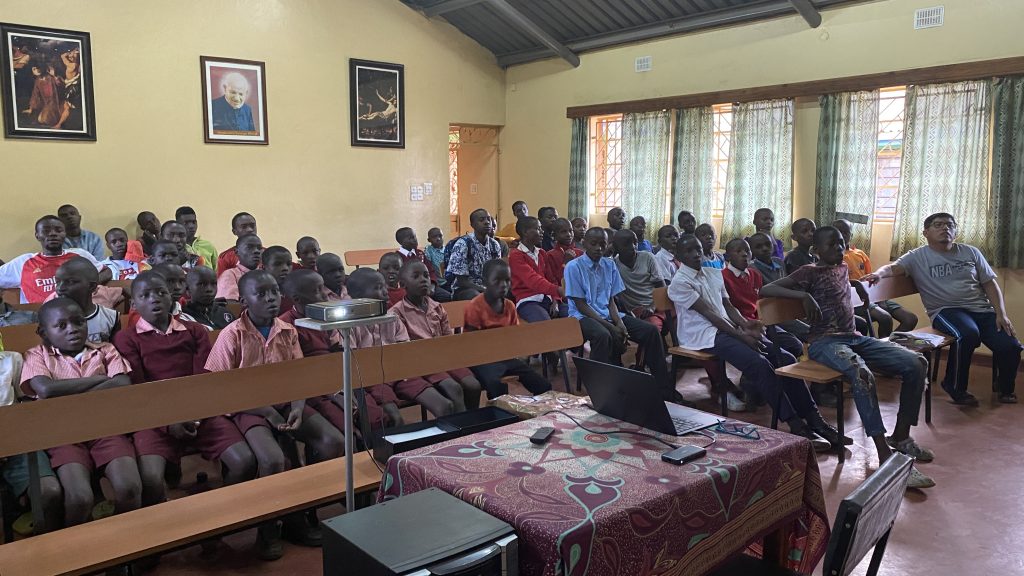In a world that produces enough food for everyone, millions still face hunger and food insecurity. Understanding the root causes of the global food crisis is essential to finding effective solutions.
Poverty: Poverty is a leading cause of food insecurity. Impoverished communities often lack access to resources, education and employment opportunities, making it difficult for them to secure enough food for their families.
- The World Bank estimates that more than 648 million people live in extreme poverty, below the international poverty line of $2.15 per day. Poverty limits people’s ability to afford food and their access to education and healthcare, perpetuating the cycle of poverty and food insecurity.

Climate Change: Climate change disrupts agriculture, reducing crop yields and impacting the availability and affordability of food. Extreme weather events, such as droughts and floods, exacerbate food insecurity.
- The Food and Agriculture Organization of the United Nations states that “climate change poses a major and growing threat to global food security.” Climate change also impacts the livelihoods of farmers and the health of vulnerable communities.
Inequity: Unequal distribution of natural and economic resources can perpetuate hunger. Many communities lack access to nutritious food due to systemic inequities.
- While some regions achieve surplus food production, others face chronic shortages. The Global Hunger Index reports that Africa and South Asia have the highest levels of hunger due to limited access to technology and infrastructure for efficient food distribution.
Food Loss and Waste: Nearly 30 percent of all food produced is never eaten due to food loss and waste. This loss to the global food supply translates to 1.3 billion tons of food that could have potentially nourished those in need.
- Cutting food loss and waste could provide enough food to feed all malnourished people globally. Efficiently managing food resources could alleviate hunger and improve food security, ensuring that food reaches those who need it most.

Conflict: Conflict contributes significantly to food insecurity. When violence breaks out, agricultural production can be disrupted, infrastructure can be damaged and people can be displaced, making it difficult to obtain food.
